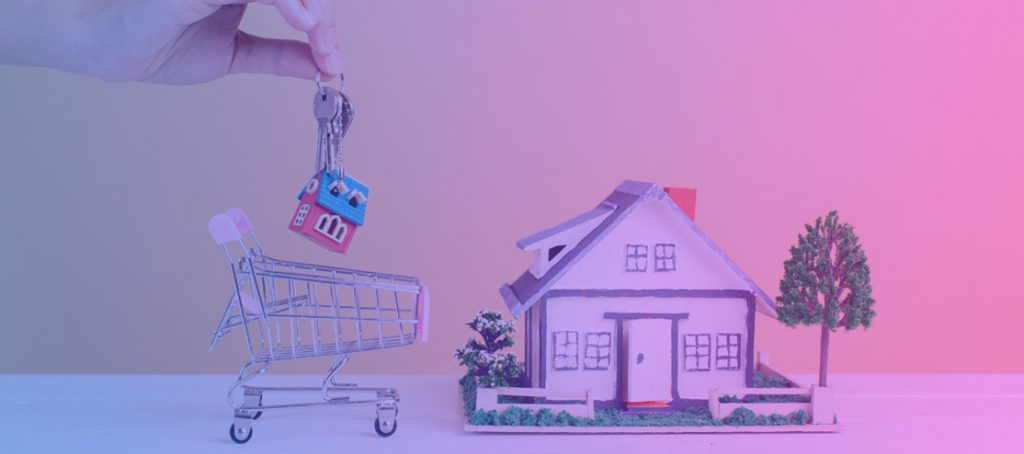Buying vs. Building Your Home
Are you trying to decide between buying or building your home?
One of the biggest decisions a new homeowner can make is whether to build a new home or purchase an existing home. There are many advantages and disadvantages to each.
While many would rather build their perfect home and get every detail just right, however, there are also other considerations to take into account.
Building a new home is more expensive per square foot, but offers fewer headaches and lower maintenance and utility costs.
Consider your desires and budget in these areas as well:
1. Maintenance. There should be minimal maintenance costs with a new home compared to an older home. New doors, windows, flooring, roof, furnace, wiring, plumbing, and everything else should ensure that maintenance costs stay very low for many years. Hence, The builder’s warranty should cover any problems.
2. Energy Efficiency. New homes can be built with state-of-the-art insulation, windows, doors, and other building materials. Older homes can be extremely expensive to heat and cool in many cases. Improving these issues in an older home can be quite expensive.
3. Style. Certain building styles, floor plans, and wall coverings can become outdated. For example, many older homes have a floor plan that is not as open as contemporary homes do now. There is something about a ranch-style home built in the 1970s that screams ‘old-fashioned’. Also, consider how the style will affect the resale value down the road.
- A new home can be whatever you want it to be. If you build a home, you can pick exactly what you want. That includes the style of windows and doors, the color of the house, the type of flooring, and everything else.
4. Construction costs. On a square foot basis, new homes can be much more expensive to build vs. buying an older home. This higher cost can be offset to some degree by the potential utility savings you can expect with an energy-efficient home.
5. Repairs. While older homes do frequently require repairs, the purchase price should reflect the cost of the repairs. Obviously, a new home should not have repairs that will cost you anything.
6. Waiting time. You can probably find an existing home for sale and be moved in within 30 days if you’re really in a rush. A new home usually takes at least 6 months to build. How long are you willing to wait?
7. Landscaping. Older homes will tend to have existing and mature landscaping. A newly built home might not have any grass yet, and the biggest tree on the property might be as big in diameter as your thumb. That’s not always the case, but newly constructed homes are typically lacking in the landscaping department for many years.
8. How long will you live there? If you don’t plan on staying in the home for more than a few years, buying an older home probably makes better sense than building. If you’re in it for the long haul, then building is a smart decision. Consider that if you’re only staying for a couple of years, renting might actually be a better idea.
There are many issues to consider if you’re considering a move. While a new home offers a lot of peace of mind and customization to your specifications, building a home can be quite expensive. But new homes offer fewer maintenance issues and better energy efficiency.
Consider how long you plan on staying and then look at the total cost of each over that period of time, as well as the expected sale price at that time. Then compare the costs to how much you would enjoy each home. The answer should then be clear. Moving is an exciting time; be sure that you make the decision that’s best for you and your family.


